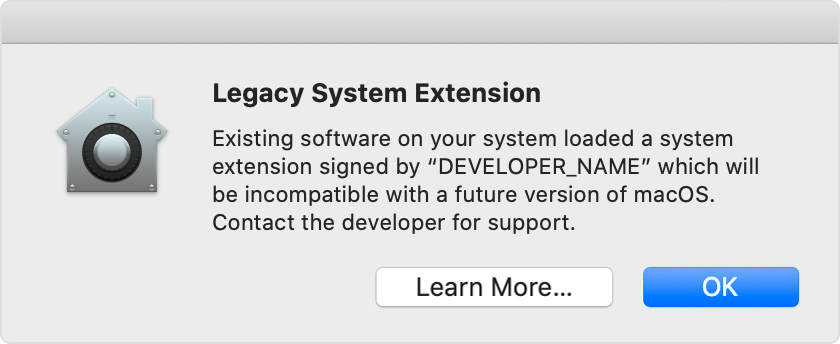I only skimmed through several pages of comments here, so apologize in advance if I missed it. But seems like most of this discussion is debating pros and cons of the new ARM based Macs losing capability to boot and run Windows.
As a Mac user going back to the mid 1990's? I'd say it's safe to bet that someone will tackle making Windows work in emulation on an ARM Mac. They did it with VirtualPC on the old PPC processors, and that was just as difficult to pull off. But it's likely not to run very quickly or efficiently. Most likely unsuitable for any gaming beyond casual 2D stuff.
The *big* takeaway here is that Apple is finally deciding to break down some of the barriers that always kept iOS devices separate from Macs. Moving forward, your new Macbook is essentially an "iPad Pro Plus". While games written native to run in OS X are few and far between, there are plenty for iOS which would look and run great on a big monitor and ARM based Mac. A lot of other iOS apps could be slightly re-written to make Mac versions that work better with keyboards and mouse pointers -- meaning voila! The Mac has a software library about as big as Windows does in short order.
And honestly, I used to strongly dislike this idea and hoped Apple wasn't ever headed that direction. But as the iPads have gotten more powerful and blurred the lines between them and computers? It starts to make a lot more sense. I think this means you really do need to buy a Windows PC if it's Windows software you need to use regularly. But all the "anti-Windows" people who prefer to use anything else, anyplace and any time they can? They'll now have a more viable alternative with a Mac that's an extension of the whole iOS world.
As a Mac user going back to the mid 1990's? I'd say it's safe to bet that someone will tackle making Windows work in emulation on an ARM Mac. They did it with VirtualPC on the old PPC processors, and that was just as difficult to pull off. But it's likely not to run very quickly or efficiently. Most likely unsuitable for any gaming beyond casual 2D stuff.
The *big* takeaway here is that Apple is finally deciding to break down some of the barriers that always kept iOS devices separate from Macs. Moving forward, your new Macbook is essentially an "iPad Pro Plus". While games written native to run in OS X are few and far between, there are plenty for iOS which would look and run great on a big monitor and ARM based Mac. A lot of other iOS apps could be slightly re-written to make Mac versions that work better with keyboards and mouse pointers -- meaning voila! The Mac has a software library about as big as Windows does in short order.
And honestly, I used to strongly dislike this idea and hoped Apple wasn't ever headed that direction. But as the iPads have gotten more powerful and blurred the lines between them and computers? It starts to make a lot more sense. I think this means you really do need to buy a Windows PC if it's Windows software you need to use regularly. But all the "anti-Windows" people who prefer to use anything else, anyplace and any time they can? They'll now have a more viable alternative with a Mac that's an extension of the whole iOS world.
I disagree. This isn’t change for the sake of change. Apple didn’t adopt an existing platform for iPhone or iPad. They created a market way bigger than Mac and more valuable than Intel. If you want to code for iPhone or iPad you will buy a Mac. Why not make the Mac fully integrated with your best selling devices?



